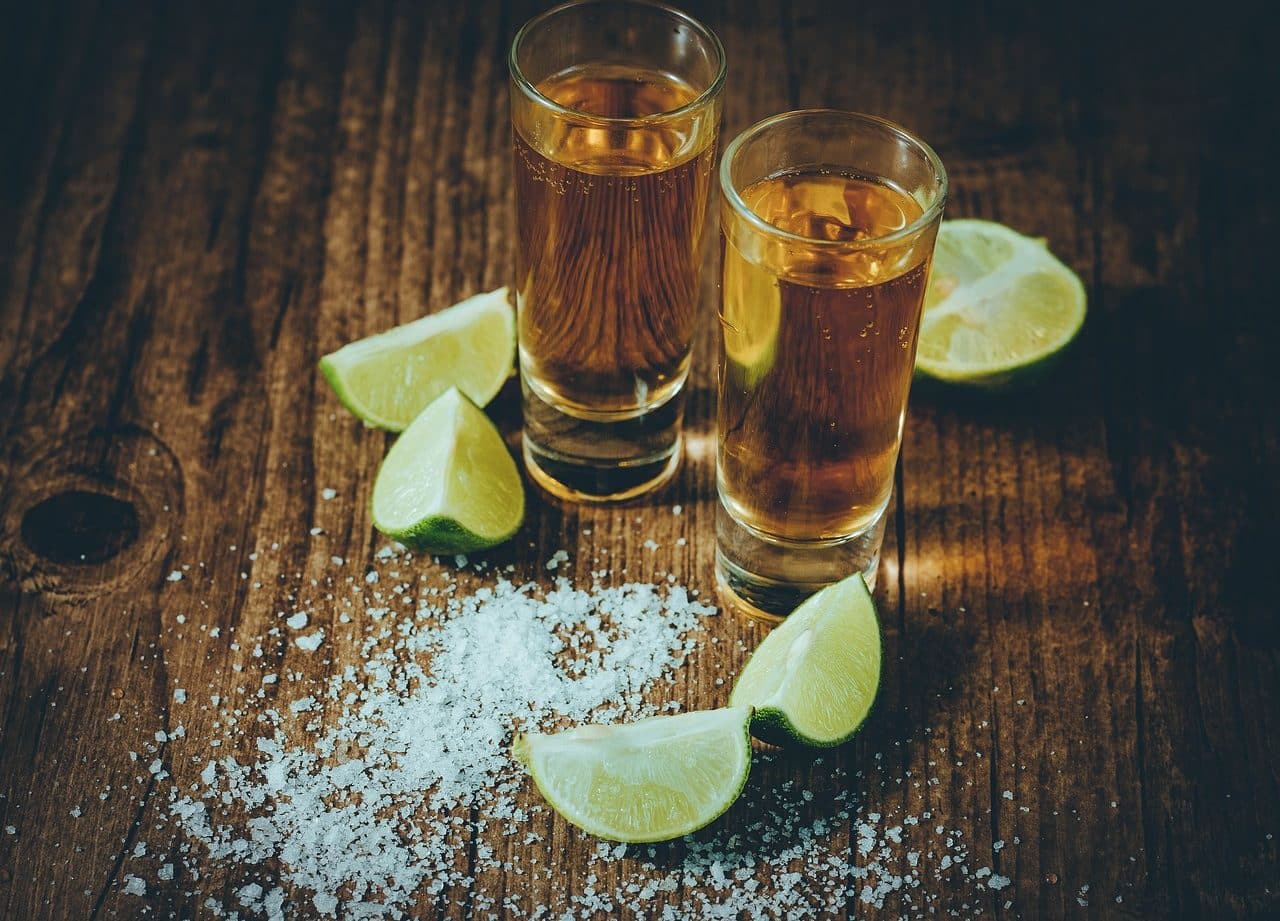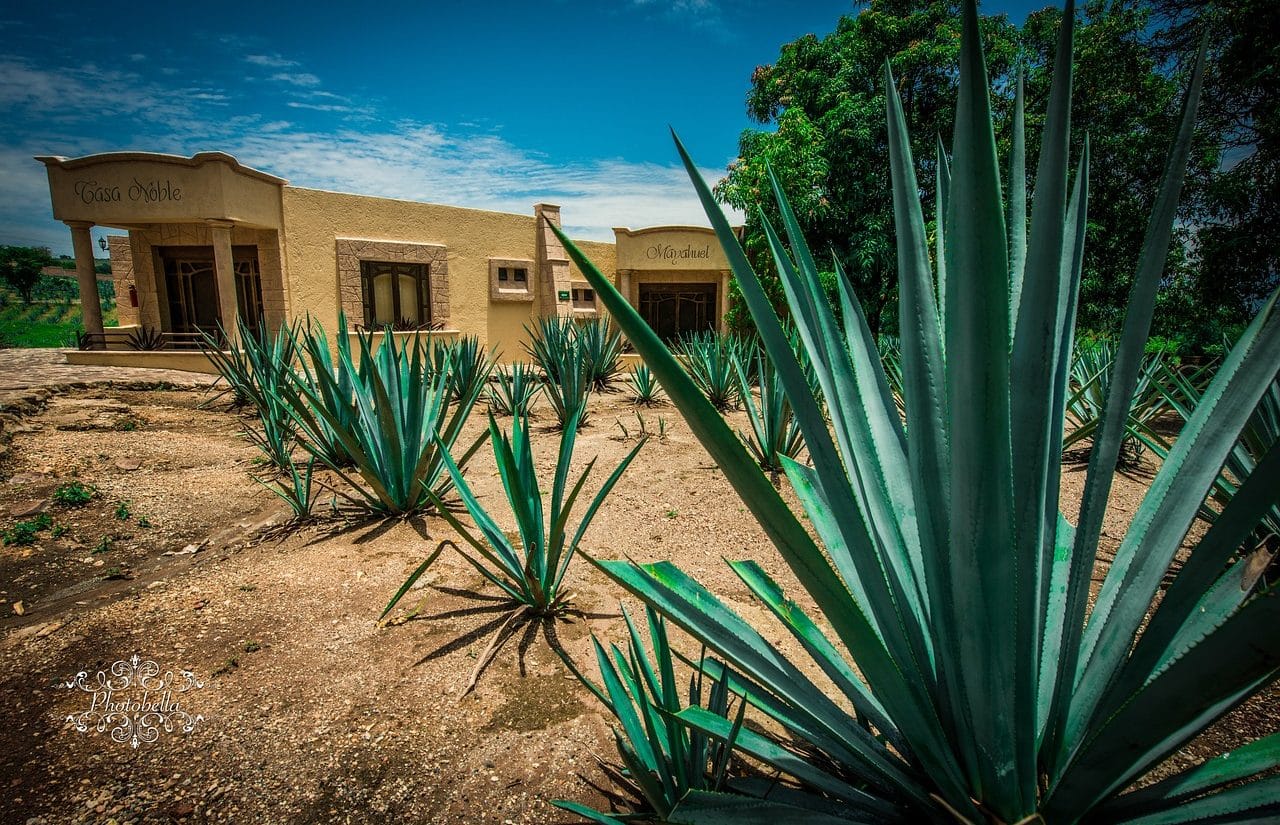
Tequila is an alcoholic drink originally from Mexico.
Tequila is an alcoholic beverage obtained from agave , a plant that is also known as maguey . Tequila is the name of the town where this distillate originated: it is a Mexican municipality that is part of the state of Jalisco .
To make tequila, juice is obtained from the blue agave and fermented. The preparation is then distilled. It should be noted that tequila is a designation of origin: therefore, for the drink to bear this name , it must have been produced in certain Mexican regions and have a minimum of 51% sugars that come from agave .
Types of tequila
100% agave tequila is one that, as its name indicates, does not contain sugars from other plants . If the drink has between 1% and 49% other sugars, it is simply called tequila.
In technical terms, Agave is the name of a genus of succulent plants (which can accumulate much more water than others) belonging to a large family called Agavaceae ; Outside the scientific field, these plants are given the aforementioned names ( agave and maguey ), but also pita , fique and cabuya .
According to the process that takes place after distillation , tequila can be white , gold or another type. Furthermore, it can be rested , aged or extra aged depending on the maturation time.

Tequila is made from agave.
Differences with mezcal
It is important to note that tequila is a variety - perhaps the most popular internationally - of mezcal , a traditional alcoholic beverage from Mexico , whose production can take place in nine of its states and is based on distilling the heart of the maguey. Despite this relationship, current tequila does not accurately represent the definition of mezcal, which is prepared in an artisanal way , against the absolute industrialization that is necessary today for the production of the former.
The main difference between both drinks is that tequila can only be prepared with Agave tequilana Weber blue variety , while for mezcal it is possible to start from any species of this genus of plants, as long as they are within the area with the appropriate name. . As mentioned above, although 100% agave tequila exists, it is normal for up to 49% chemicals to be used; Mezcal, for its part, always dispenses with these additives and is based exclusively on the plant.
Of course, if we talk about the differences between two drinks, we cannot leave aside the flavor , and in this case it is also possible to distinguish them by this aspect: while tequila has a neutral flavor, that of mezcal is slightly smoky and especially strong, with a very characteristic sweet aroma that is impossible to ignore.
There is an organization called the Tequila Regulatory Council that is dedicated to verifying and certifying compliance with the Official Tequila Standard . Other of its tasks are the promotion of the culture, prestige and quality of Mexican beverages. The meetings of this interprofessional institution began at the end of 1993 .
Cocktails with tequila
There is a wide variety of cocktails that can be made with tequila.
One of the most popular is tequila sunrise , which can be made with tequila, grenadine and orange juice, although there are also other versions .
Other uses of the term
Because tequila is a symbol of Mexico , the economic crisis that the North American country suffered in 1994 and then spread throughout the world is known as the "tequila effect." Due to the lack of reserves, the Mexican peso was devalued.
Tequila is also the name of a rock band and the pseudonym of model , singer and actress Tila Nguyen (known as Tila Tequila ).
